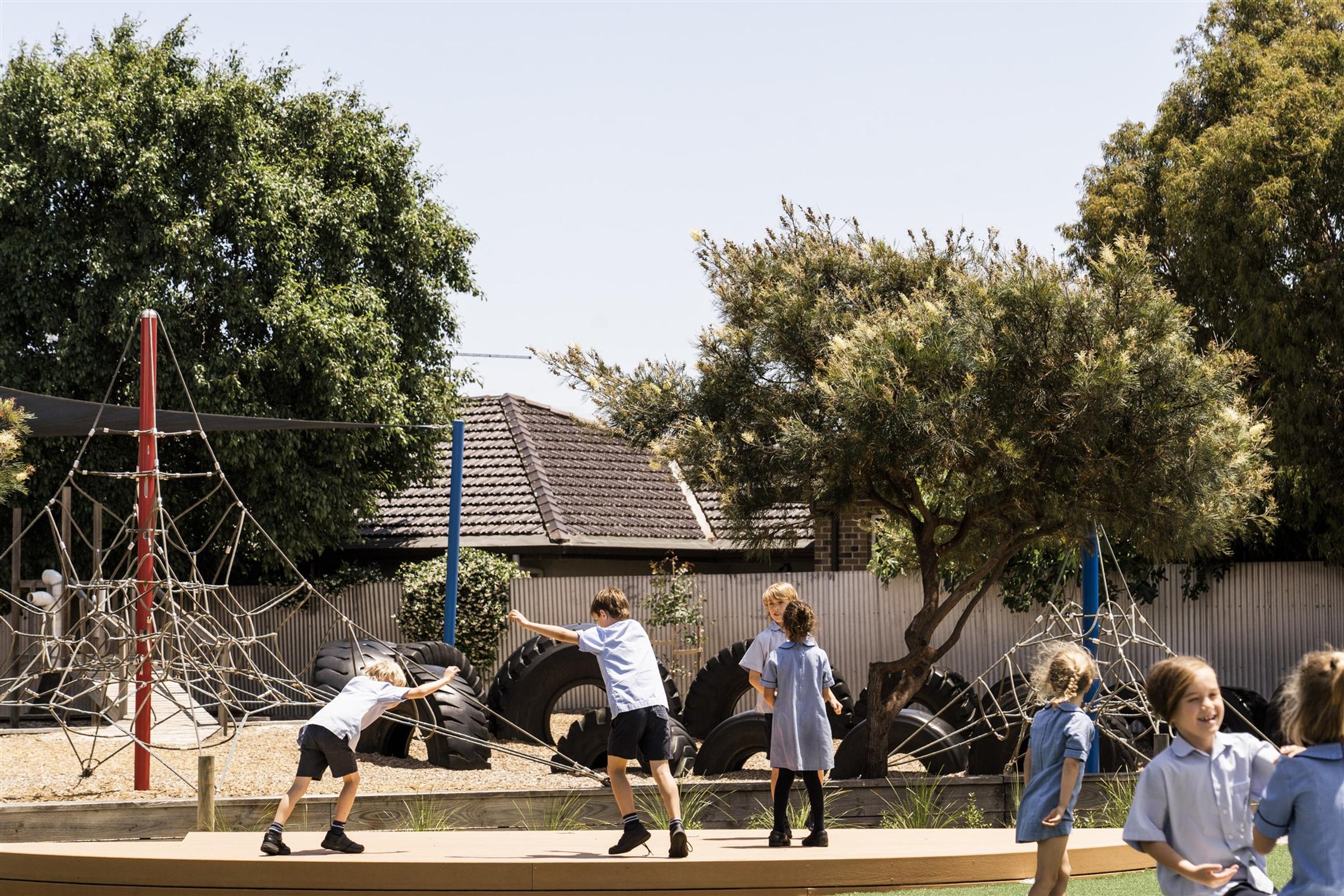Wellbeing
Josy Reeder

Wellbeing
Josy Reeder
WHAT IS THE NCCD?


The Nationally Consistent Collection of Data (NCCD) on School Students who require adjustments to their learning is a yearly count of students by all Australian schools across the country. The aim of the NCCD is to provide the Australian Government with information about the number of students who require support and adjustments in Australian schools and the type of adjustments they need in order to access and participate in education on the same basis as other students. From 2018, the NCCD will be used by the Australian Government to inform funding for schools, known as the ‘student with disability loading’.
If you are a parent, guardian or carer of a child who requires ongoing adjustments at school, a teacher or another school staff member will consult with you to understand your child’s needs. This collaborative approach ensures the most appropriate adjustments are chosen to support your child’s learning and participation at school. In some cases, a personal learning plan (PLP) may be developed to document specific educational goals and to review your child’s progress over time.
If your child has a requires adjustments, , your child’s school will provide information about them for the NCCD, including:
While it is not possible for schools or families to ‘opt out’ of the NCCD, the privacy and confidentiality of all students and their families is treated with utmost importance. Data is collected within each school, and personal details, such as student names and other identifying information, are not provided to local or federal education authorities.


Occupational therapists work with children and young people of all abilities to support participation at school to achieve their best outcomes from their education. Each person is an individual, so their needs will be to. MOIRA’s occupational therapists conduct assessments to identify individual goals, strengths and barriers to learning, then recommend strategies or changes to the environment to increase a student’s capacity to participate.
AP is a newly established private practice, that aims to improve the quality of life for individuals and families. Even though our psychologists have years of experience, as we are a new practice, we have immediate availability for referrals for therapy and assessments, available both face-to-face and via Telehealth.
AP provides assessments for Specific Learning Disorder (such as Dyslexia, Dysgraphia, and Dyscalculia), Autism, and ADHD for clients of all ages. We offer therapeutic services for a range of mental health conditions commonly present in children, adolescents, and adults, such as emotional dysregulation, anxiety, depression, stress, sleep issues, inattentiveness, and challenging behaviour. We work closely with individuals as well as the whole family to develop healthy and sustainable long-term coping mechanisms in order for them to thrive in all areas of their lives.
Director and Principal Psychologist
Advanced Psychology
Suit 1.04 71 Queens Road, Melbourne 3004
Phone: 0479069648
Email: lindakollind@advancedpsychology.net
Web: https://www.advancedpsychology.net/
Josy Reeder
Learning Diversity/Wellbeing Leader